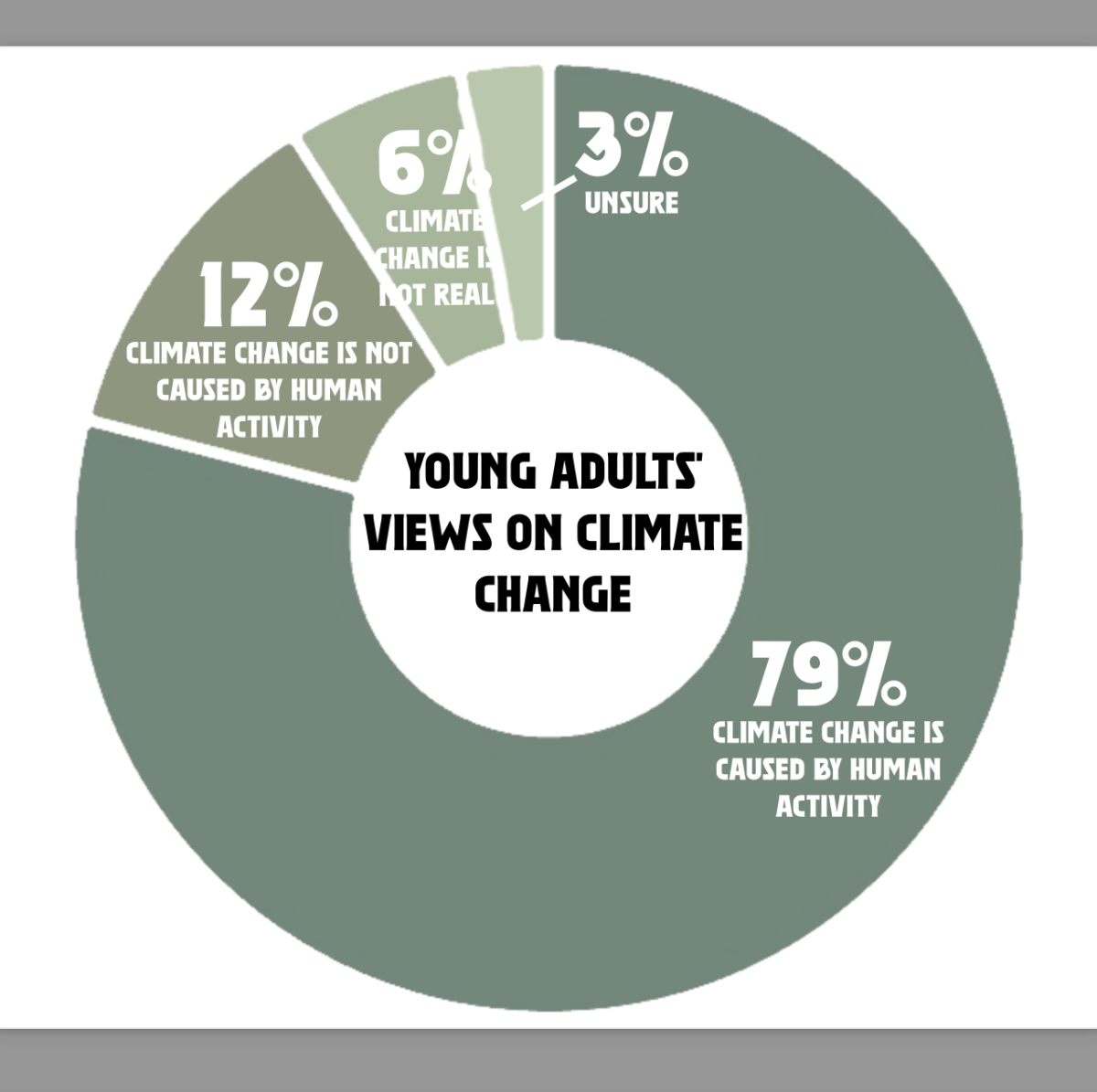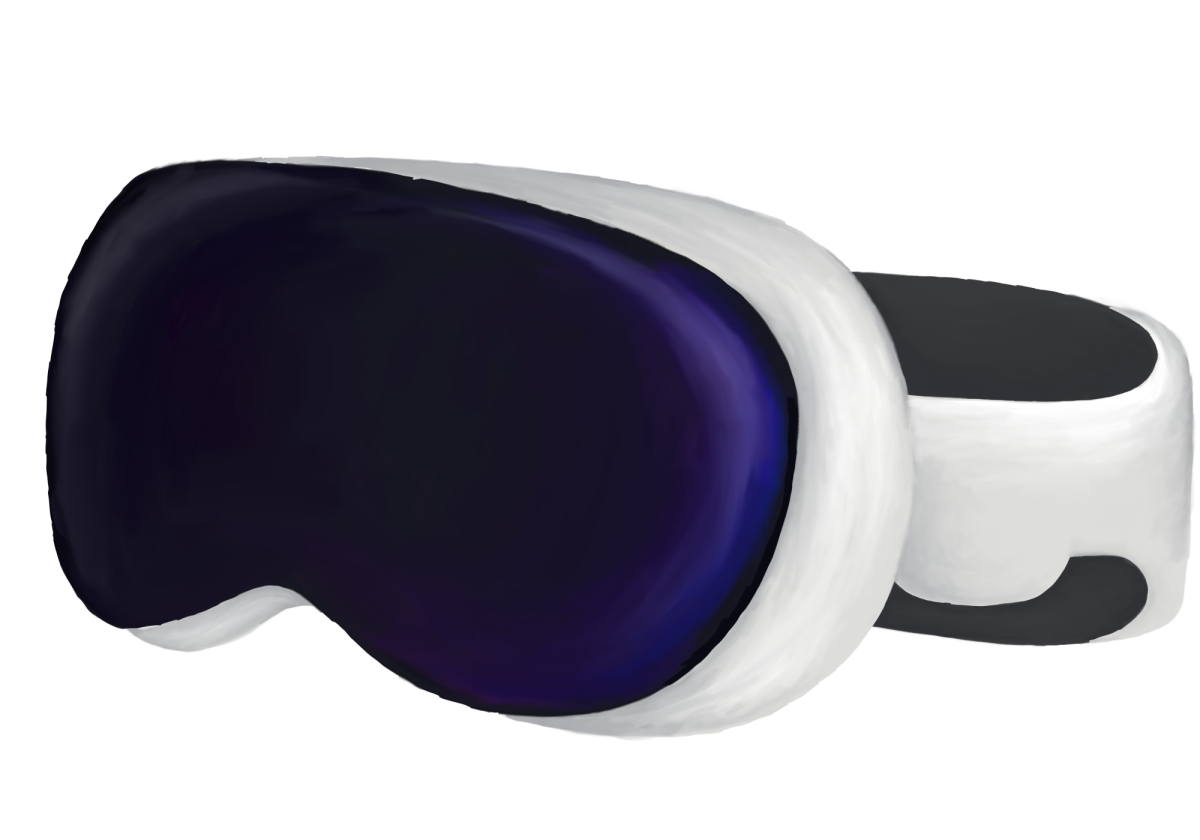It’s 12 a.m. and Sally’s spent the last three hours trying to decipher Romeo and Juliet. Counting on the fact that she was missing some secret code, Sally gives up and calls her friend hoping for some empathy, but her friend tells her that she finished reading long ago because she read the Sparknotes.
Slightly reluctant, Sally opens up her computer, and goes to Sparknotes.com. There she finds a modern English translation of the entire book of Romeo and Juliet. She feels guilty, but nearing one in the morning, with her eyes drooping to her feet, Sally just wants to finish her reading.
Sally wasn’t worried about whether her actions were right or wrong; she had much more pressing problems to worry about like getting her homework done and getting at least a few hours of sleep.
Although Sally may only be a figment of my imagination, her plight is one that many South students experience. Every year I’ve seen more and more people become reliant on Sparknotes to help them with their work. Maybe school’s getting more time consuming, maybe people are getting lazier, but there’s one thing I’m almost sure of: reading actual texts without any help from an additional supplemental source, such as Sparknotes, is becoming rare.
Given an assignment, many students seem more prone to opening up their browser before they even open the book. In an Oracle-conducted survey of 238 students, 79 percent of students said they use Sparknotes at least occasionally and one-third of students surveyed said they use it either very often or for every book. For many, Sparknotes has become an instinctual resource, but does anyone really know if we’re allowed to use Sparknotes?
In another Oracle-conducted survey of 18 English teachers, only four teachers said they considered the use of Sparknotes, in addition to reading the actual book, to be academic dishonesty. Susan Levine-Kelley, English Department instructional supervisor, even went as far as to encourage reading Sparknotes before reading a book, to help students who don’t understand the material.
“What I would do is advise students, even before they read actually, to front-load a little bit,” Levine-Kelley said. “Maybe read a chapter summary or get an overview of the book, and then read.”
Reading can be hard and very few high schoolers have the time or attention span to spend hours trying to make sense of Heart of Darkness or Macbeth. As Levine-Kelley said, if students read a summary beforehand, then the text seems easier.
Although Levine-Kelley sees the positives of Sparknotes, students should familiarize themselves with their teachers’ policies.
But it seems a lot of students take the allowance too far. I have my doubts that everyone is actually reading the full assigned material before looking to the internet.
In an Oracle-conducted survey, one student said, “I consider [Sparknotes] a shortcut [to] reading the full material, but definitely not cheating.” Another senior said that when you read Sparknotes it’s not cheating because, “you’re just reading a shorter version of the book.”
These students don’t give the impression that they’re reading the full assigned material, which is very frowned upon by teachers. In the same survey of English teachers, 16 out of 18 surveyed felt that reading Sparknotes instead of the assigned material is academically dishonest.
The teachers’ response isn’t surprising; everyone knows we’re supposed to read the assignment, yet we don’t because we have access to a shortcut. Why read an entire book when you can make your life easier?
“If a student is only reading Sparknotes and not their reading, the chances of them being able to do well on an essay or test are slim to none,” Levine-Kelley said.
Although I can agree with Levine-Kelley to an extent, personal experience and stories I’ve heard tell me this is not always true. Ironically, getting an A on an essay or quiz without ever picking up the book seems to be the ultimate show of intelligence, and there appear to be a few Jedis living among us (I like to consider myself at least a Padawan).
To the people like me who hear Levine-Kelley’s words as a challenge, she offers a final appeal for reading the book.
“Literature is literature, not just because of the plot. In fact, the plot is usually the least important part of what makes something literature,” Levine-Kelley said. “What makes something literature is the way that it unfolds.”
Hear that? The plot isn’t what’s most important. So you can’t get out of Sparknotes what you need to successfully master a book.
Maybe my English teachers have succeeded in brainwashing me, but I actually agree with Levine-Kelley. The purpose of English class is not just to teach you storylines; it’s supposed to teach you how to analyze literature, write yourself and a multitude of other skills.
Students may get away with not doing their reading, but this is not only a somewhat stressful strategy, it also ruins the purpose of education. I won’t preach about “why we should appreciate the opportunities given to us” but the truth is that by not reading, you’re not really accomplishing anything in English class. And if you’re going to spend an hour in class everyday for 180 days, you might as well learn something.










